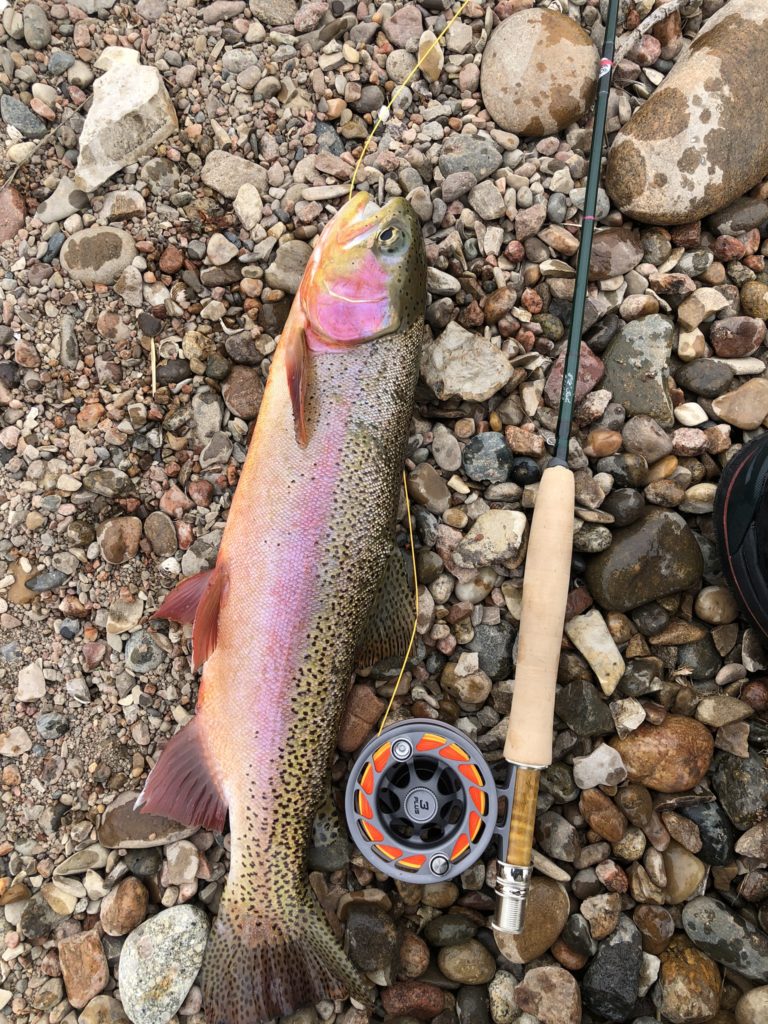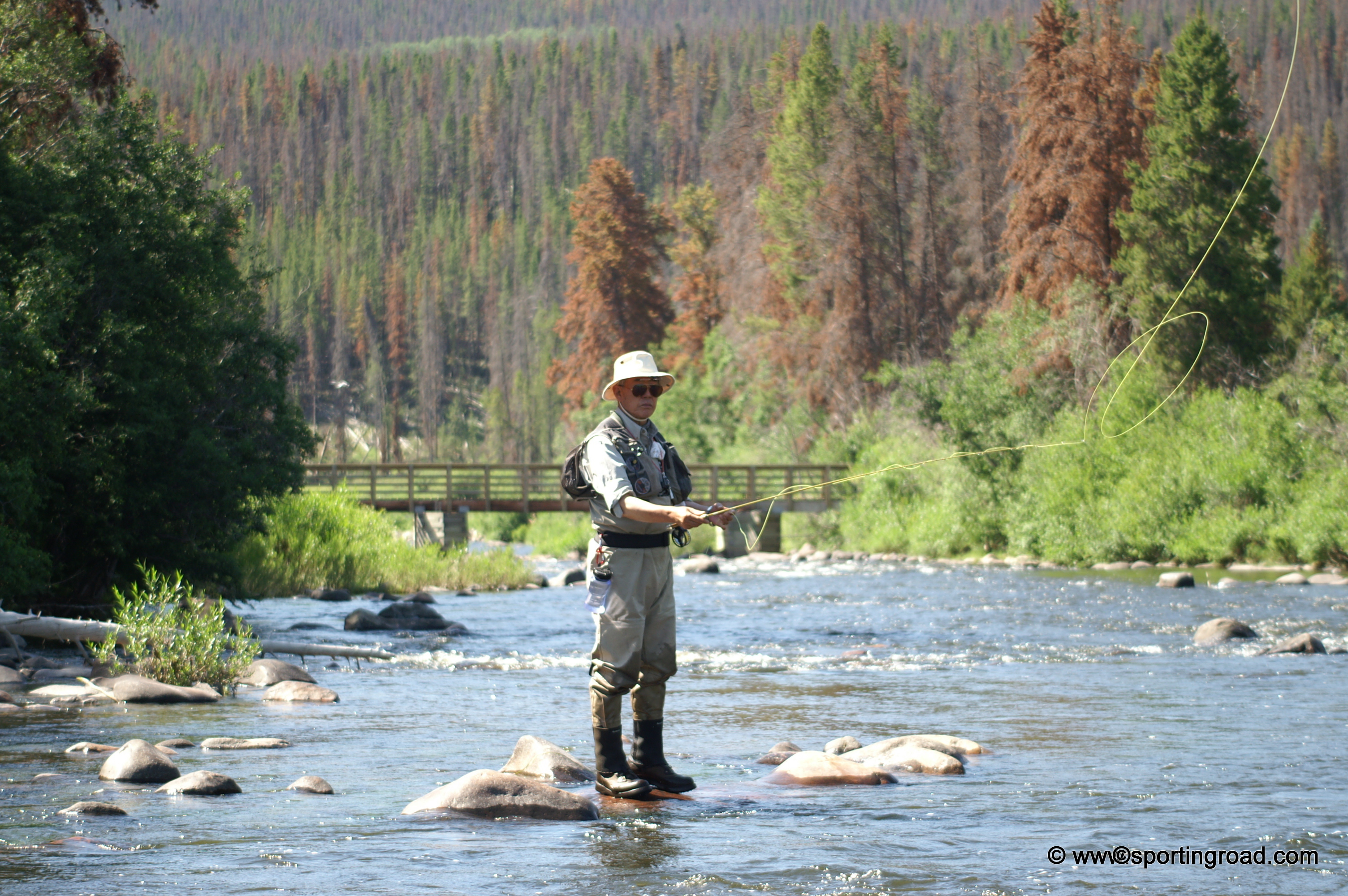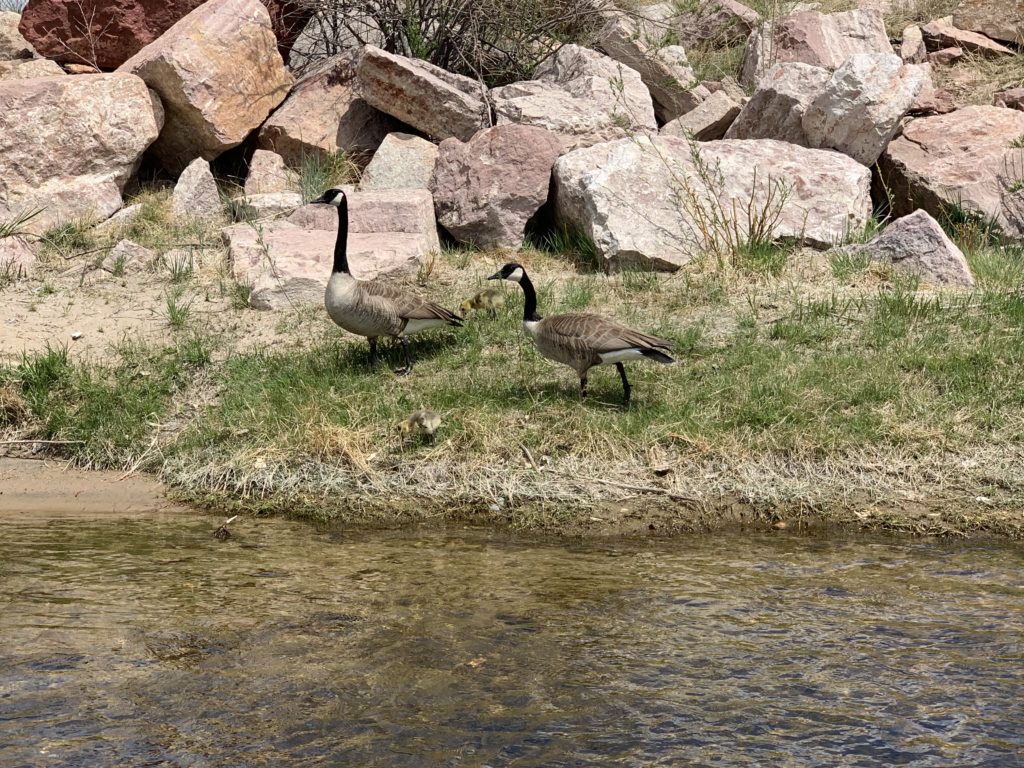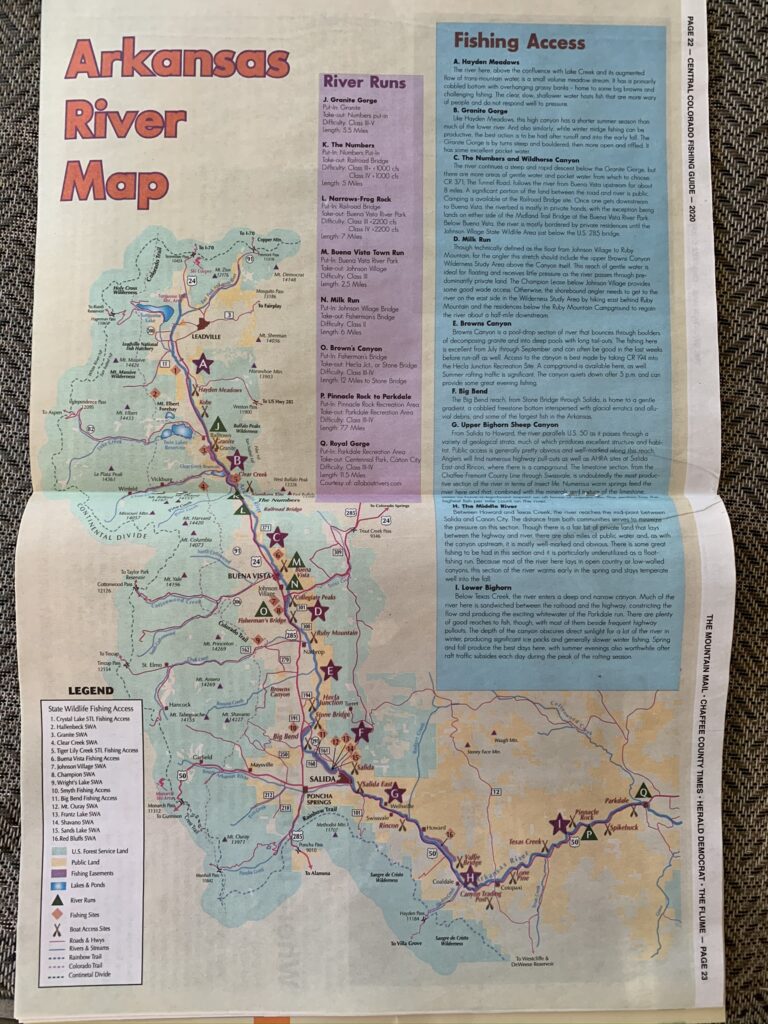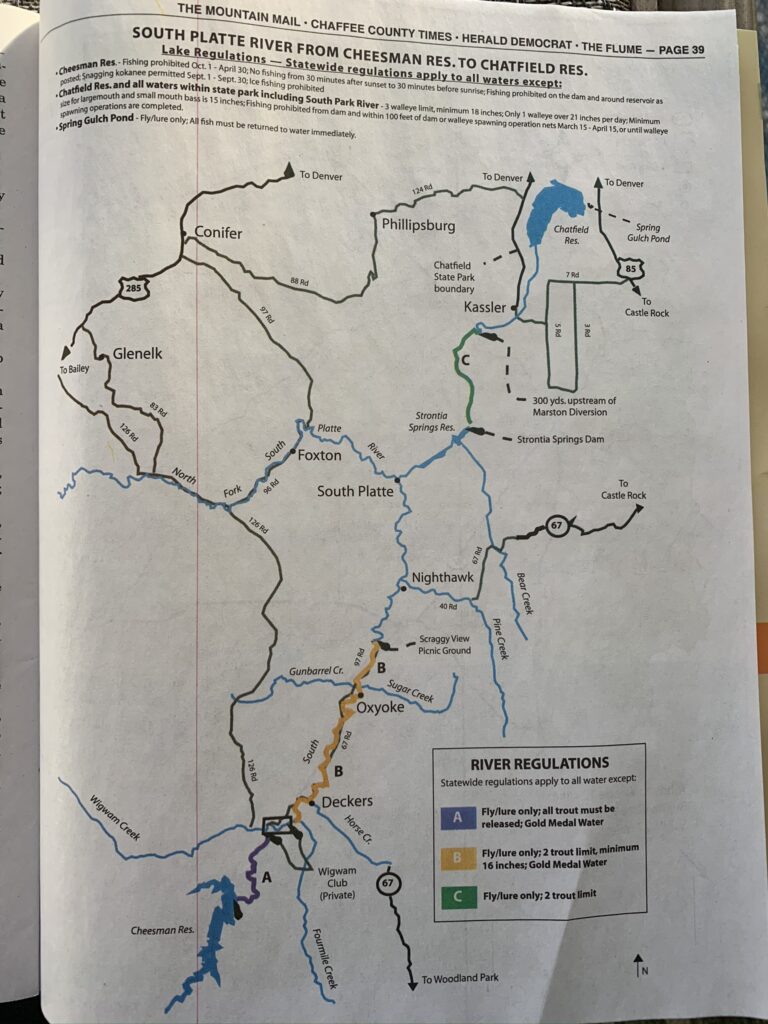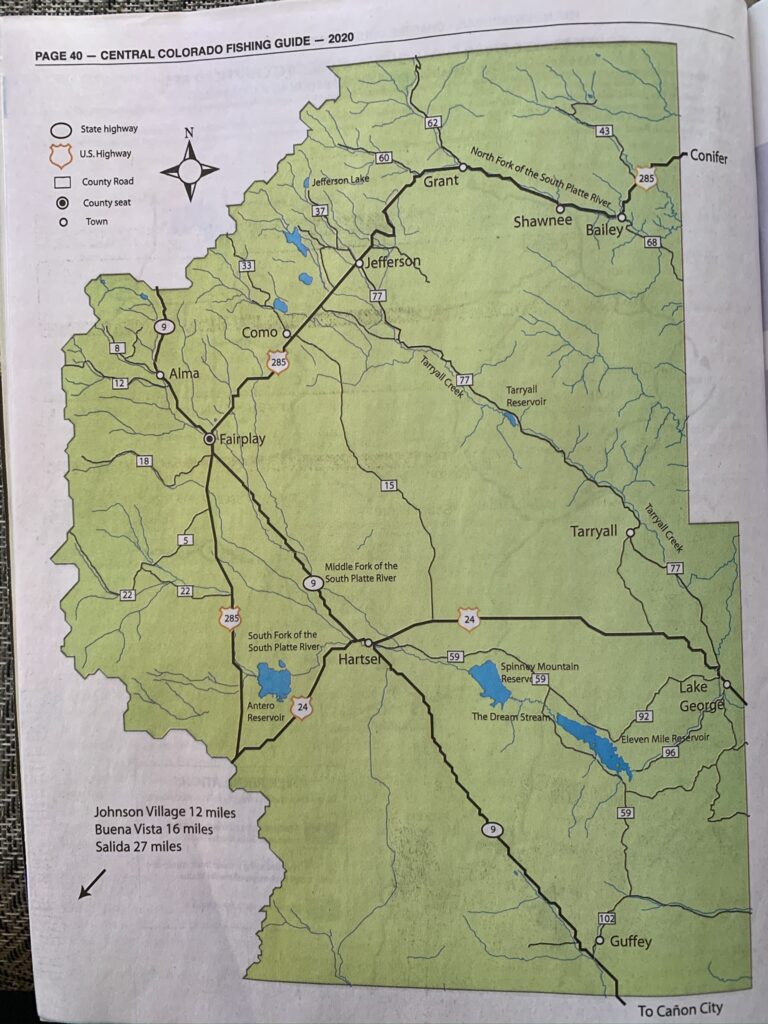I have been fortunate to be a fly fisher for over 40 years on the greatest streams of the nation, well before “The River Runs Through It” surge and the the Covid Surge. The surge in fishing and hunting participation during the first year of the COVID-19 pandemic highlighted the importance of our nation’s vast outdoors and abundant natural resources as an opportunity for Americans to reconnect with nature and improve mental and physical health. But they aren’t making trout rivers any more, fishing is only getting more popular, there are more people and less trout, so get out and enjoy it while you can. The South Platte, Arkansas, Colorado, Green, North and South Platte, San Juan are all within easy drives of here. Lee’s Ferry, the White River, Lake Taneycomo, Bennet Springs, the Madison, Yellowstone, the Bighorn, the Missouri are all within easy flights from Denver. Sooner or later fly fisherman are drawn to Montana. As Ted Leeson suggested in investing Montana, the only question is whether the end of fishing in Montana or for Montana or perhaps for something in themselves. Paul Scullery, Bob DeMott, Jerry Dennis, Jerry Kustich, our anglers and authors who have all describe the mysterious maiden named the big sky.
By way of introduction, for over 25 years now I have had the pleasure to fish often with master nymph flyfisherman by the name of Rim Chung who devised the RS2 fly, about 30 years ago. He has been fishing that one pattern since then, in different sizes and colors. I am curious to know to what extent the RS2 is being used by all of you and what variations you may have tied. Rim has no commercial interest in the fly in the variations that various national companies such as Orvis, Umpqua, L.L. Bean, Dan Bailey’s, and many others, which pay him no royalties.
On Nymph Fishing
For those who think that nymph fishing is a method that incorporates all of the finesse of dragging for drowned corpses with grappling hooks, I encourage you to take a look at Rim Chung’s method of nymphing at our other site www.oneflyfisherman.com.
Fishing Challenging Public Waters
At the time the first version of the Treatise of the Angler was written, and there were no printing presses in England. Also, it is my impression that fish, with the exception of salmon, we’re not considered the property of the nobility in the same way as game, until later. Certainly course fish have never been considered the property of the nobility. The Treatise also specifically warns against fishing in “in a poor man’s private water” without permission, and states that any fish caught in public water is the property of the person catching it. It addresses property and proprietary. The Treatise although directed at the middle class, is part of the medieval chivalric tradition, and poaching violates the chivalric code at the time the first version of It was written, there were no printing presses in England. Also, it is my impression that fish, with the exception of salmon, we’re not considered the property of the nobility in the same way as game, until later. Certainly course fish have never been considered the property of the nobility. The treatise also specifically warns against fishing in “in a poor man’s private water“ without permission, and states that any fish caught in public water is the property of the person catching up. It addresses property and proprietary. The treatise, although directed at the middle class, is part of the medieval chivalric tradition, and poaching violates the chivalric code. The disreputability of England probably Rose later, out of Calvinism or some other strict Protestant ethics. More than likely, the medieval angler was simply concerned, as we are today, to keep his best whole secret. How fortunate we are today to have public access to many fine streams.
While many concern themselves with diversions in nearby cities with fishing for things such as carp, as I know of a few such anglers who venture to the Sawhill pounds, Ponds along Boulder Creek, Lagerman Reservoir, and the Platte River through Denver. Marty Bartholomew is Colorado fishing but gives quite a few suggestions for carp fishing. My daughter loves bass fishing, but that is difficult to do here in the Rocky Mountains. But whatever floats your boat.
We can find that confining ourselves to fly fishing rivers for trout, which is what we love best. And, fortuatnately for us, there are more trout streams within two hours of Denver than any major metropolitan area, the South Platte River, Arkansas, Eagle, Roaring Fork, Frying Pan, Colorado, Williams Fork, Blue, Big Thompson and many others. We venture down to the San Juan and up to Grey’s Reef and Miracle Mile, Green, and occasionally Montana. The San Juan is what I would call the food rich and Vairma. The fish there tend to be very selective. The fish focusing on the lifecycle stage of the insects that the fish are feeding on. The San Juan is like a giant aquarium to study. The feeding habits of rainbow trout. In the morning, I think you’re more likely to find fish feeding on pupa and nymphs. As the morning progresses, you’ll start to see the fish get active; rising up from the bottom to feed on emerging insects or move into the head of pools sticking their nose up in the ripples. While some rare people like Harry Steeves are strictly a terrestrial man, and others like a Archie Best and John Geirach, who are died in the world dry fly men, Rim Chung is a nymph fisherman. Other legendary nymph fisherman such as Skues, Frank Sawyer and Oliver Kite are idols of mine, as they often if not always catch the most trout in a day. And they all nymph fish without bobber’s or strike indicators of any kind. They have a third sense of detecting movement in the flu line or leader, which is the key to nymph fishing. Leisenring, Charles Brooks and others are masters of the nymph as well. Sawyer’s induced take is also another important part of his method. And while fishing one fly is surely not for everyone, it is for me. If I needed more flies, I’d surely go back to trying them all again, but this is simply more effective.
For a more detailed discussion of fly fishing, visit my other site WWW.ONEFLYFISHERMAN.COM which is dedicated to the art of fishing the fly.
Money can buy you everything, except the time it takes to be a good fly fisherman. I have spent a great deal of time trying to become a good fly fisherman and long enough to learn that the fool say he knoweth, while the wise man knows he is a fool. One of the best tips to becoming successful is to always check the water flow conditions before setting out for fishing.
Rim Chung has been my mentor for 20+ years
Rim has many great flies and techniques and I have been a student of his for over 20 years now.
The Official Rim Chung Fly Tying Videos
But I have had other inspiration along the road was well
Pat Dorsey is a local guide and South Platte fisherman, that I have fished with on a friendly basis a couple of times with Rim. He ties a lot of well known flies for our area and his fly boxes are impressive to take a look at. I have moved away from carrying thousands of flies astream, in favor of a few favorites like the RS2 and Yong Special, but I have adapted his Mercury bead head to my Yong Special flies, but more about that in other posts.
Fly fishing has taken us around the world and I am a member of the International Fario Club, which was devised by Charles Ritz.
In Colorado, it is necessary to check the flow before you go. There is a website for water conditions put out by the Colorado Division of Water Resources. You can check the flow on all of the segments of various water ways, for instance, the South Platte below Cheeseman Reservoir is found here.
And we enjoy taking our adventures further from home, often with others we have met from our membership with the International Fario Club.
Nick Sawyer, the grandson of the late Frank Sawyer, has become a pen-pal of mine. We still use his Pheasant Tail nymph and his basic method for nymph fishing, as developed by Rim Chung.
Andy Kim, a guide on the San Juan River, has also influenced my nymph fishing, as he puts a lot of importance on midge size, color and diameter, is an excellent sight fisher, understands emergers, and he has pumped a lot of fish before coming up with his thread patterns. Size is very important on the San Juan where midges are often range from size 18-26.
Yong Special Tying Instructions in Fly Fisherman Magazine
The Search for the Holy Grail of Fly Fishing
Favorite New Fly – Ancient Chinese Secret
Fly Fishing Secrets of the San Juan River’s Andy Kim
Look under rocks, collect samples with a gold fish net and look at samples for size, comparing to your fly.
https://bentflyfishing.wordpress.com/articles/the-yong-special-a-deadly-midge-pattern/
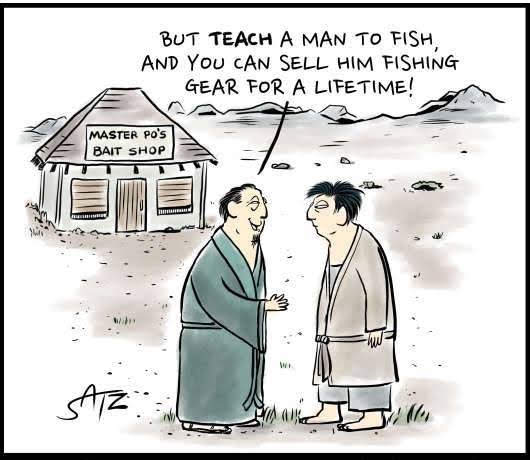
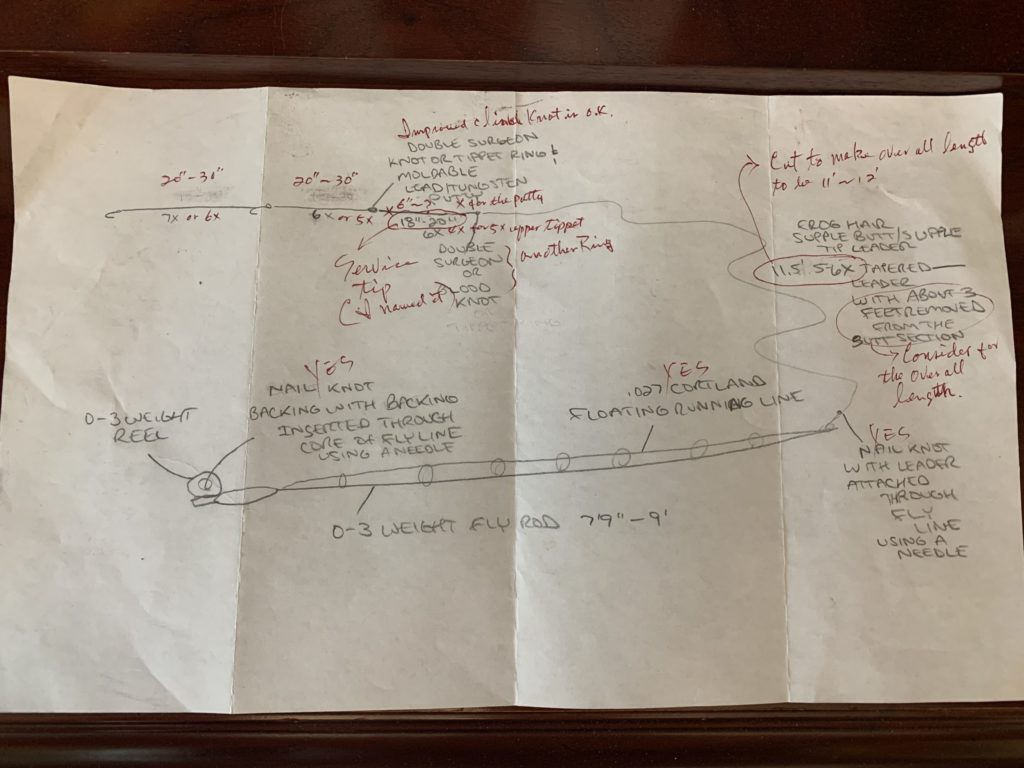
Kokanee Salmon Fishing Season
https://cpw.state.co.us/Documents/Fishing/Kokanee-Regulations-Giveaways-Flyer.pdf
Colorado Hatcheries & Stocking
https://cpw.state.co.us/learn/Pages/Hatcheries.aspx
https://cpw.state.co.us/thingstodo/Pages/StockingReport.aspx
Colorado Fishing Report from CPW
https://cpw.state.co.us/thingstodo/Pages/StatewideFishingConditions.aspx
Tactical Fly Fishing
Hatch Reels and Winston Rods
Rim Chung doesn’t often mention fly fishing equipment, but when he does, other than to tout the advantages of light weight rods and light weight lines, it’s something important. He says Hatch reels and Winston Air fly rods are the Rolls Royce’s of his 70+ year fishing career.
Hatch 3 Plus is the quintessential trout reel with a sealed drag and made in America. While the Marryat CMR 3/4 used to be our favorite for light weight rods and fine tippets, the Hatch 3 Plus is beginning to steal our hearts. Marryat was the Ferrari of small trout reels for decades, but it’s failure to adopt a sealed drag and it’s tendency to easily chip has caused it many troubles in customer complaints. Marryat tried to improve on this with a new large arbor reel but only 2.8” instead of 2.75″ diameter for the same weight of CMR and it weighs 10% more, this is of no real advantage, as it just removes a lot of your space for backing without faster pickup speed. Whereas the Hatch 3 Plus is 3.25” vs. 2.75, so the pickup of line is noticeably faster and easier, and it weighs the same, and has a sealed drag and very tough finish.
The 3 Plus was designed for 3-5 weight lines, but still has the awesome Hatch feel we’ve grown to love and works well with our level running lines down to 0 weight. Choose the large-arbor spool for a little extra backing and faster retrieves. It can accommodate 100 yards of Hatch backing with a 2 weight Winston fly line. It has a drag system with very fine adjustments on the lower end of the drag range, which is perfect for light line nymph fishing down to 7x tippets and size 26 flies.
The Hatch 3 Plus reel pairs perfectly with a Winston Air 3-weight, 8’6″, the finest trout rod ever made.
